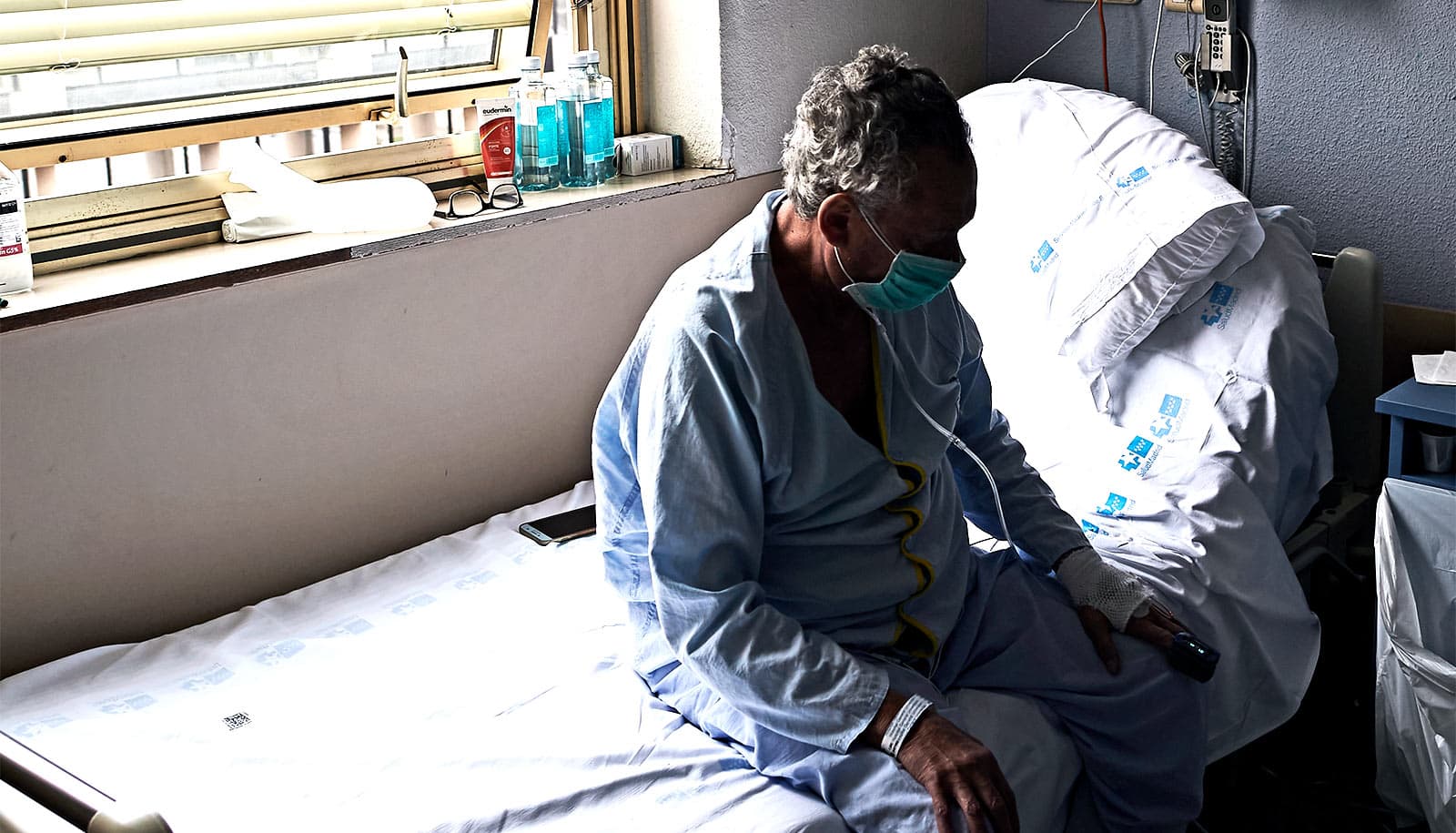Some antivirals can not only help sick people get better, but can also prevent hundreds of thousands of virus cases if people get them in the early stages of infection, researchers report.
The study focused on influenza but also has implications for the coronavirus that causes COVID-19. By modeling the impact of a pair of leading flu drugs, the team found significant differences in effects between oseltamivir, an older antiviral treatment for flu that patients know by the name Tamiflu, and a newer one, baloxavir, sold under the brand name Xofluza.
The researchers found that the newer treatment—by effectively and rapidly stopping virus replication—dramatically reduced the length of time that an infected person is contagious and, therefore, better limited the spread of flu.
“We found that treating even 10% of infected patients with baloxavir shortly after the onset of their symptoms can indirectly prevent millions of infections and save thousands of lives during a typical influenza season,” says Robert Krug, a professor emeritus of molecular biosciences, writing for a post that accompanied the paper. Krug’s early basic research discoveries informed the development of baloxavir.
The researchers concluded that having a similarly effective antiviral treatment for the coronavirus would help to prevent thousands of infections and deaths. Creating such an antiviral would take time and new strategies in public health planning, but the benefits for patients, communities, and health care settings could be profound.
“Imagine a drug that quashes viral load within a day and thus radically shortens the contagious period,” says Lauren Ancel Meyers, a professor of integrative biology who models the spread of viruses, including the one that causes COVID-19. “Basically, we could isolate COVID-19 cases pharmaceutically rather than physically and disrupt chains of transmission.”
To date, most COVID-19 drug research efforts have prioritized existing antivirals that can be deployed quickly to treat the most seriously ill patients coping with life-threatening symptoms. The scientists acknowledge it would represent a shift to develop a new antiviral for the coronavirus, to be used early in an infection with the aim of curtailing viral replication, just as baloxavir does for flu.
“It may seem counterintuitive to focus on treatments not for the critically ill patient in need of a life-saving intervention, but rather for the seemingly healthy patient shortly after a COVID-19 positive test,” Krug says. “Nonetheless, our analysis shows that the right early-stage antiviral treatment can block transmission to others and, in the long run, may well save more lives.”
The research appears in the journal Nature Communications. Additional coauthors are from UT Austin and Yale University. Support for the research came from the National Institutes of Health.
Source: UT Austin



